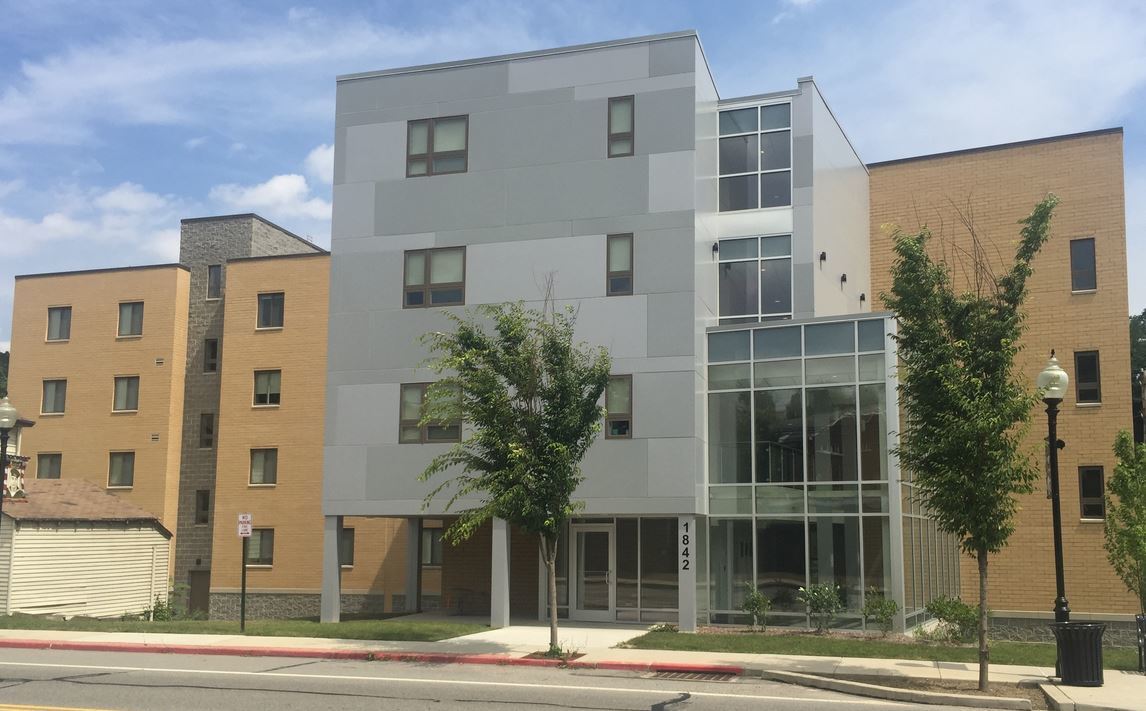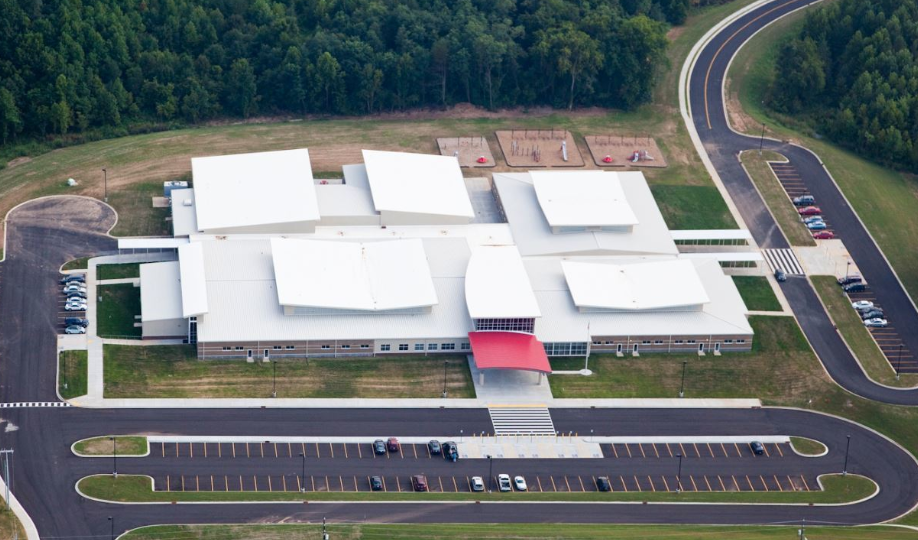
What is the R-Value of Concrete? How to Maximize Wall Insulation with ICFs

How to Build Multi-Story Buildings Faster
Whether it’s a high-rise residential apartment building or a commercial complex, the quicker a multi-story building is constructed, the sooner it can start generating revenue.

8 Energy Star Requirements for New Homes and How to Meet Them


6 Phases in the Life Cycle of a Construction Project

16 ICF Modern Farmhouse Floor Plans and Design Ideas

Why More School Boards Are Turning to ICF School Construction for Long-Term Cost Savings

Understanding Insurance Trends for Wood vs. Concrete Midrise Buildings

Cinder Block (CMU) vs. Traditional Poured Concrete Wall Foundations
We cover the differences between CMU blocks and poured concrete foundations so that you don’t have to learn from trial and error.

5 Common Misconceptions About ICF Construction
ICF construction creates modern structures that are energy-efficient, durable, disaster-resistant, and have good indoor environmental quality (IEQ). ICF construction is also strong, flexible, fast and easy to install. Unfortunately, even with these many benefits, some architects and contractors are reluctant to utilize it due to misconceptions about ICF construction.